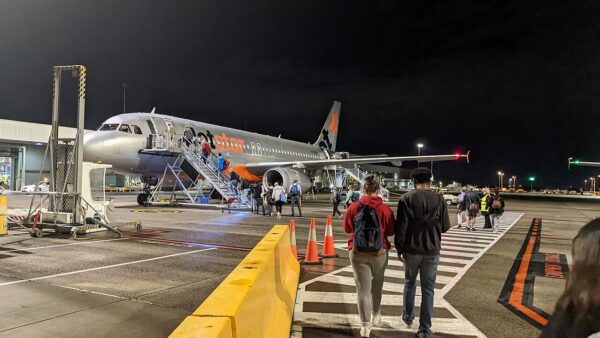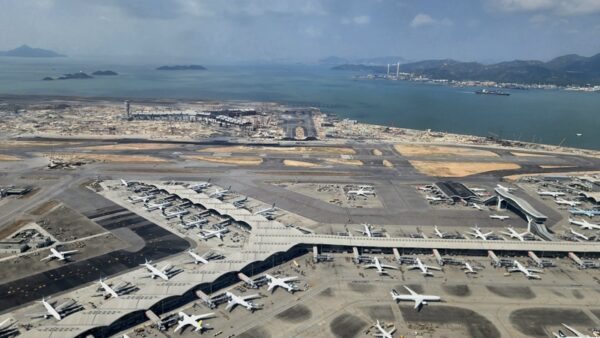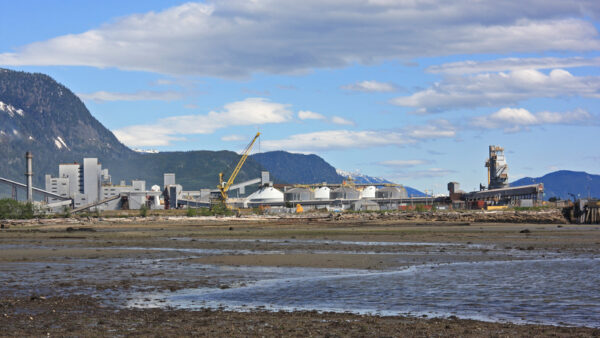Tanzania and Uganda yesterday agreed to start work on a 1,445km pipeline to carry Ugandan oil to world markets.Â
The $3.5bn East African Crude Oil Pipeline will be developed by French energy company Total in partnership with China National Offshore Oil Corporation and the UK’s Tullow Oil, although Tullow is hoping to sell its share to Total later this year for some $575m.
The pipeline will take about three years to build; about 80% of it will be on Tanzanian territory.Â
It will carry 230,000 barrels a day from a field near Lake Albert in Uganda. Discovered in 2006, the field is thought to contain around 1.7 billion barrels of oil.Â
Tanzania expects to earn around $3.2bn in transport fees over the next 25 years. [https://www.reuters.com/article/ozabs-uk-uganda-tanzania-pipeline-idAFKBN2640EJ-OZA]
The agreement was signed by Tanzanian Preside John Magufuli and Yoweri Museveni, President of Uganda.Â
Magufuli commented at the ceremony, held in the northwest Tanzanian town of Chato: “This is a very crucial project for our people. Our signing today is a crucial step towards implementing the project which will not only create jobs, but also promote cooperation within the region, and stimulate economic development in areas the pipeline crosses.”
However, the project has been criticised by international aid agencies and environmental groups.Â
Research by Oxfam International and Global Rights Alert found that more than 12,000 families would lose their land to the scheme, which would also threaten delicate ecosystems. [https://oxfamilibrary.openrepository.com/handle/10546/621045]
Total responded to the report by saying it “many of the recommendations proposed by Oxfam in the report are valuable; indeed most are already reflected in the many initiatives being implemented by Total in relation to the project. However, Total disagrees with some of the statements made in this report and take note that part of our points have not been reflected”. [https://oxfamilibrary.openrepository.com/bitstream/handle/10546/621045/Total%27s%20reaction%20on%20Oxfam%20report%20-final_.pdf?sequence=4&isAllowed=y]
In particular, the company said it strongly denied any implication in human rights violations in communities around Lake Albert, and deeply regretted that the report may create doubts.
Image: Tanzanian President John Magufuli marking the start of a railway scheme in 2018 (From the Twitter account of President John Magufuli)
Further reading:Â
Uganda to begin $2.3bn rail project this year
https://www.globalconstructionreview.com/news/uganda-begin-23bn-ra7il-pro7ject-y7ear/
Russian consortium pulls out of $4bn Uganda refinery contract
https://www.globalconstructionreview.com/sectors/russian-consortium-p7ulls-o7ut-4bn-ugan7da/
Tanzania to build controversial Stieglers Gorge dam “come rain, come sun”
https://www.globalconstructionreview.com/news/tanzania-build-controversial-stieglers-gorge-dam-c/
Tanzania and Uganda yesterday agreed to start work on a 1,445km pipeline to carry Ugandan oil to world markets.Â
The $3.5bn East African Crude Oil Pipeline will be developed by French energy company Total in partnership with China National Offshore Oil Corporation and the UK’s Tullow Oil, although Tullow is hoping to sell its share to Total later this year for $575m.
The pipeline will take about three years to build; about 80% of it will be on Tanzanian territory.Â
It will carry 230,000 barrels a day from a field near Lake Albert in Uganda. Discovered in 2006, the field is thought to contain around 1.7 billion barrels of oil.Â
Tanzania expects to earn around $3.2bn in transport fees over the next 25 years.
The agreement was signed by Tanzanian President John Magufuli and Yoweri Museveni, President of Uganda.Â
Magufuli commented at the ceremony, held in the northwest Tanzanian town of Chato: “This is a very crucial project for our people. Our signing today is a crucial step towards implementing the project which will not only create jobs, but also promote cooperation within the region, and stimulate economic development in areas the pipeline crosses.”
However, the project has been criticised by international aid agencies and environmental groups.Â
Research by Oxfam International and Global Rights Alert found that more than 12,000 families would lose their land to the scheme, which would also threaten delicate ecosystems.
Total responded to the report. It said in a statement: “Many of the recommendations proposed by Oxfam in the report are valuable; indeed most are already reflected in the many initiatives being implemented by Total in relation to the project. However, Total disagrees with some of the statements made in this report and take note that part of our points have not been reflected”.
In particular, the company said it strongly denied any implication in human rights violations in communities around Lake Albert, and deeply regretted that the report may create doubts.
Image: Tanzanian President John Magufuli marking the start of a railway scheme in 2018 (From the Twitter account of President John Magufuli)
Further reading:Â










